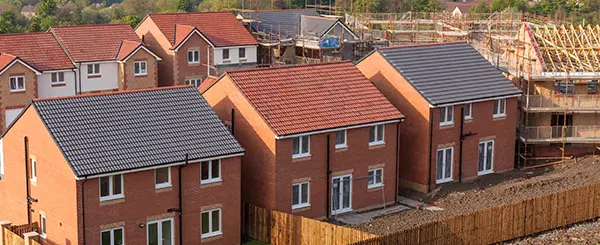The 23 November
Autumn Statement only
said that the much anticipated Housing White Paper would be published ‘shortly’; the Communities Secretary has since confirmed the date of publication as January, 2017 in an Oral Answers to Questions session in the House of Commons on 28 November. He
stated:
I am sure that the whole House will welcome the latest official house building numbers showing housing starts at an eight-year high, but there is still a lot more we need to do. That was why last week’s autumn statement contained billions of pounds of funding to get Britain building, and it is why our White Paper, which is due to be published in January, will set out a range of radical plans to boost the housing supply.
It was also explained in outline in the Autumn Statement that the White Paper would set out a comprehensive package of reform to increase housing supply and halt the decline in housing affordability. The new Housing Infrastructure Fund and £1.4bn were intended to support these aims.
Housing and Planning Minster Gavin Barwell also
noted that the White Paper would set out further details to increase housing supply and tackle rising housing costs.
The White Paper has been much anticipated and its likely content discussed in
Communities and Local Government Select Committee evidence sessions, during the Neighbourhood Planning Bill Second Reading and Committee stages, at the
Conservative Party conference and in the property press. The former sources refer to its likely content including:
The day after the Autumn Statement, the Communities Secretary
told the National House Building Council:
‘We’ll soon be publishing a White Paper setting out reforms that will get more of the right homes built in the right places. I’m not talking about small tweaks, building a thousand homes here or a thousand homes there. I’m talking about major, long-lasting reform that will carry on delivering homes well after I’ve left office.’
He used the same speech to announce that he had lifted the
holding direction issued six months ago to Birmingham City Council, requiring the LPA not to take any step towards adopting the Birmingham Development Plan 2031. Javid said:
‘The plan is supported by the independent Planning Inspectorate. But it’s fundamentally a local decision made by local people. They’ve looked at all the options. They’ve considered all the implications. They want to build homes for their children and grandchildren. And Westminster politicians should not stand in the way of that.’
Birmingham Council now
intends to adopt the Birmingham Development Plan in early 2017.
As an aside, there is no update at present on the
holding direction issued to Bradford Metropolitan Council only this October, but the words chosen by the Communities Secretary, and the above referred- to provisions and clauses in primary legislation relating to local plan intervention could well apply here too.
Looking at the bigger picture, the Housing White Paper will, in our view, be one of the most important documents to be published by Theresa May’s Government - and several of its anticipated elements are expected to affect planning generally, not just housing. Its apparent delay has not been explained nor much of its detail specified yet directly by Government. What we do know is that it will take centre stage in the Government forming and then pursuing a more balanced direction in national housing and planning policy. This can only be ‘a good thing’, particularly as the development sector and (most certainly) house builders are all in need of consistency, certainty and clarity – as they have been for some considerable time now. We accept the frustrations felt by having to wait for the Paper until the New Year but because its aim is to draw together a vast range of existing, emerging and new policy positions coherently, it is better that the Government spends as much time as is necessary on trying to get it right.



